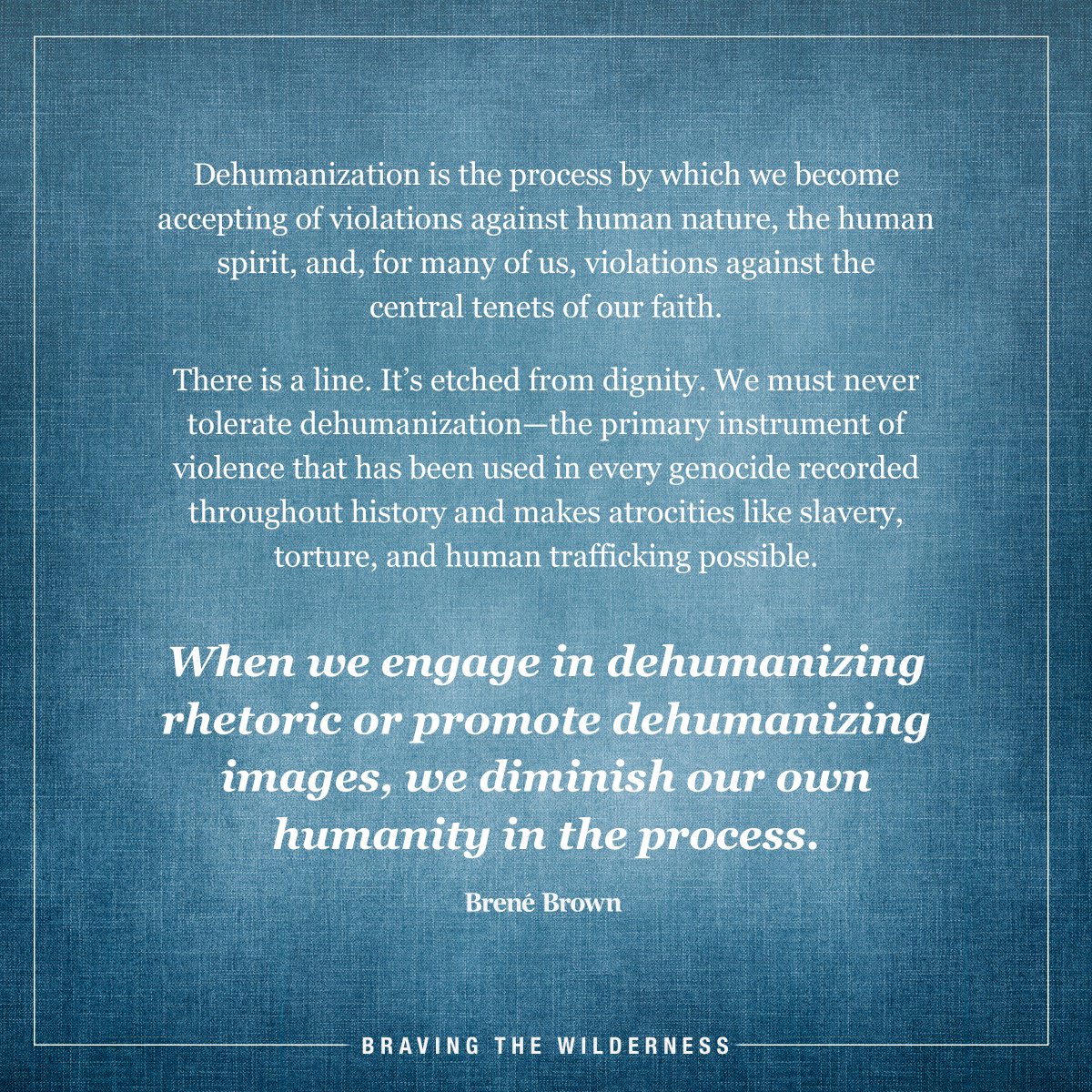“This fascinating and original volume profoundly challenges inherited understandings of the Holocaust as a purely European phenomenon. Offering far-ranging original research, the contributors illustrate how one of modernity’s defining horrors played out in North Africa. In so doing, they convincingly show that Vichy’s race laws, anti-Semitic agitation, and deportations represented ruptures—but also continuities—with North Africa’s colonial order.”
Joshua Schreier, Vassar College
“The Holocaust and North Africa extends the geographical and historical horizons of Holocaust studies. It challenges a Eurocentric focus, exploring the diverse persecution experiences and memories of Jews in North and West Africa, and raises interesting questions about the interdependencies of Nazi, Vichy, and fascist policies with colonial practices.”
Wolf Gruner, Founding Director, USC Shoah Foundation Center for Advanced Genocide Research
These two powerful quotes are a precursor to what we're gonna be talking about- the history and role of Africa in World War 2.
I've wanted to do a class on African history since the beginning of the year and I am so, so excited for this and I hope you are as well. We'll be doing Journeyman work during the Master's hour. The reason I am so excited to talk about Africa is because, well, no one knows about it. North, South, West, and East all played a vital role in the defeat of the Axis powers. And Africa especially, a country that had been invaded and colonized for years, understood more than anyone the liberty that you give yourself when you stand up for what is right. Fighting against Facism led to Nelson Mandela's movements to end Apartid, a set of racist laws meant to diminish and dehumanize black people that succeeded for a long time. It is not right, prudent, or acceptable to skip over a chapter of history for fear of being uncomfortable, especially when thousands of soldiers gave their lives to protect the peace and freedom of the entire world. Just as we need to honor American, Asian, and European soldiers, African soldiers deserve just as much honor and respect; the conditions and bias that they faced being unimaginable to many of us. I hope that you will find this all as interesting, thought provoking, and worth studying as I did.
"Many Africans enlisted – or were conscripted by their colonial ruler, Britain – to fight the Axis countries in World War 2. They were instrumental in bringing an end to the war, which was fought across Africa, Europe and the East, yet there is not much known about their contribution."
Let's face it, we love to focus on European history because many of our families came from those areas, but if we only learn about the history that is convienant or easy to hear, then you should just leave now because none of it is easy to learn. As Albert Einstein said, "Those who do not learn from history are doomed to repeat it." Yeah, we don't really know Africa's history, but are we gonna ignore the history of an entire continent just because we stumble over their names?
“In the first few years of the war, the Royal Air Force [RAF] recruited 10 000 West Africans for ground duties in the British West Africa colonies of the Gold Coast [now Ghana], Nigeria, Sierra Leone, and the Gambia.”
Quartey said the Gold Coast king, Asantehene, was indispensable because he mobilised the population and helped to construct airfields, harbours and roads.
Italy, itself a colonial power, attacked British positions in Egypt, Kenya and Sudan in 1940. These acts of aggression prompted the British war-time prime minister, Winston Churchill, to form an air supply route from the city of Takoradi in Gold Coast to Cairo in Egypt
"The end of the Second World War inspired many African countries to intensify their struggles for independence from their colonial owners. “Initially I saw the white man as someone better than me. But after the war, I considered him an equal,” recalled former infantryman Dauda Kafanchan.
Kasrils said: “The victory over fascism saved the world from slavery and catastrophe. It spelled the end of the colonial system and saw the emergence of African independence and armed liberation struggles such as ours that were primarily armed and supported by the Soviet Union and the socialist camp.” He concluded that these historic lessons should never be forgotten, especially the connection to the struggle for freedom."
This part towards the end just touched my heart; Africa had been colonized for so long to the point where they didn't consider themselves equal as human beings. But the war, being willing to fight and give their lives for their freedom, families, and mankind, helped liberate them from their own dehumanization, here's a quote from Doctor Brene Brown about that very topic.
Come prepared to have fun and share a couple things about what you learned! (that means you don't have to make a presentation unless you really, really want to)
 Know/Understand
Know/Understand



































